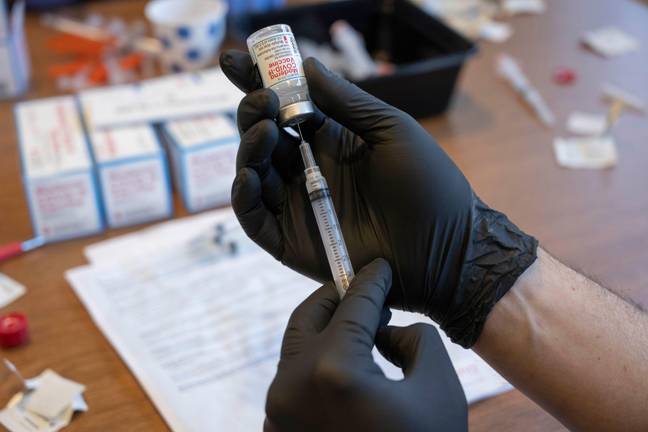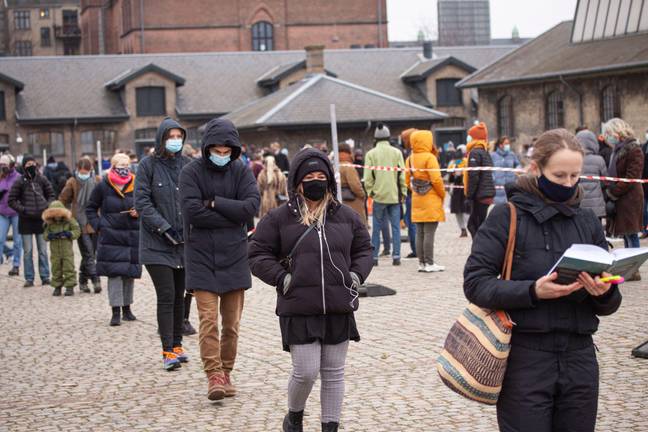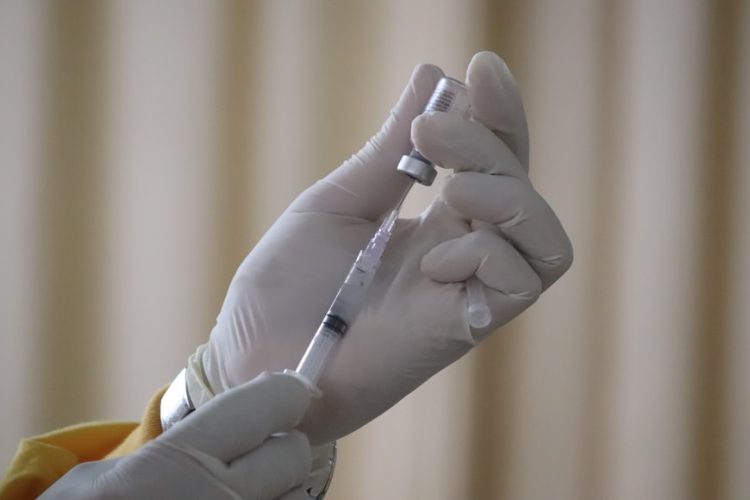Denmark has officially become the first country to suspend Covid-19 vaccinations as the virus is now under control, according to the country’s health authority.
Denmark’s chief physician Bolette Soborg said the nation was in a ‘good position’ after seeing high numbers of people getting vaccinate as well as dwindling coronavirus cases.
While invitations for the vaccination will come to a halt after May 15, Mr Soborg revealed the programme would reopen later in the year, according to The Local dk.

He said: “We plan to reopen the vaccination programme in the autumn.
“This will be preceded by a thorough professional assessment of who and when to vaccinate and with which vaccines.”
Around 81 per cent of Denmark’s population have received two doses of the vaccine; meanwhile, 61.6 per cent have also received a booster.
Earlier this week, The Local dk also reported that Denmark had registered under 1,000 active Covid-19 cases for the first time this year.
On Monday, the country recorded 983 Covid-19 cases, according to the State Serum Institute.
The last time the nation recorded under 1,000 cases in a single day was 19 October 2021, when 756 people tested positive.

Denmark continues to edge closer to normality as the temporary scrap for Covid-19 vaccinations follows the country removing almost all restrictions in February.
ABC News reports the head of the Danish Health Authority Søren Brostrøm told TV2 the decision to lessen restrictions was due to the decreasing amount of people in intensive care units in hospital instead of looking at the number of daily cases.
Dr Krause, who advises the Danish government, also supported the government’s move to ease restrictions as there was no longer a correlation between the average of cases and the severity of the virus, according to ABC News.
“We see a decoupling of the number of cases and then the number of severely ill patients that need hospital care. That’s very clear,” he said.
“The strategy has, all the way through, been not to put more restrictions on the population than is actually needed to control the epidemic. And right now, the numbers look quite good.”




